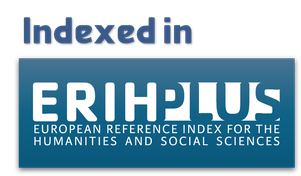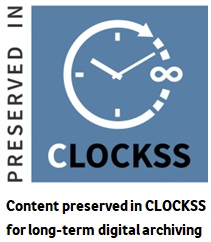Cognitive Approach to Equivalence in Biological Terms Translation
DOI:
https://doi.org/10.63939/AJTS.yrehdd53Keywords:
Specialized Translation, Biology, Conceptual Equivalence, Semantic frame, cognitive modelAbstract
This study is aimed at accounting for the properties and values of Conceptual Equivalence and the perceptual simulation of such properties in the conceptual system where synonyms and other patterns compete for activation when translating terms and texts of biological science. The study takes as an approach the twofold perspective: Cognitive Semantics and Cognitive Terminology. The point of departure of the paper is the assumption that specialized translation is not to be taken merely as a substitution of chains of juxtaposed signifiers and syntactic sequences configured in the surface structure of texts falling within molecular biology as a pure science. Rather, translation, we assume, is equally a dynamic, constructive and situational process entailing a constrained activation of the conceptual network symbolized by each term within a semantic frame or cognitive model in a given context, as well as the activation of a network of frames and models textually or extra-textually surrounding the term. Taken as such, achieving the Conceptual Equivalence essentially requires sufficient knowledge of conceptual structures used by scientists and experts in their definitions of the lab-grasped phenomena.
Downloads
Downloads
Published
Issue
Section
License

This work is licensed under a Creative Commons Attribution-NonCommercial 4.0 International License.
As an open-access the journal follows the CC BY-NC 4.0 Attribution-NonCommercial 4.0 International which states that:
- you are free to:
- Share— copy and redistribute the material in any medium or format.
- Adapt— remix, transform, and build upon the material.
- Under the following terms:
- Attribution— You must give appropriate credit, provide a link to the license, and indicate if changes were made. You may do so in any reasonable manner, but not in any way that suggests the licensor endorses you or your use.
- NonCommercial — You may not use the material for commercial purposes.
- No additional restrictions — You may not apply legal terms or technological measures that legally restrict others from doing anything the license permits.












